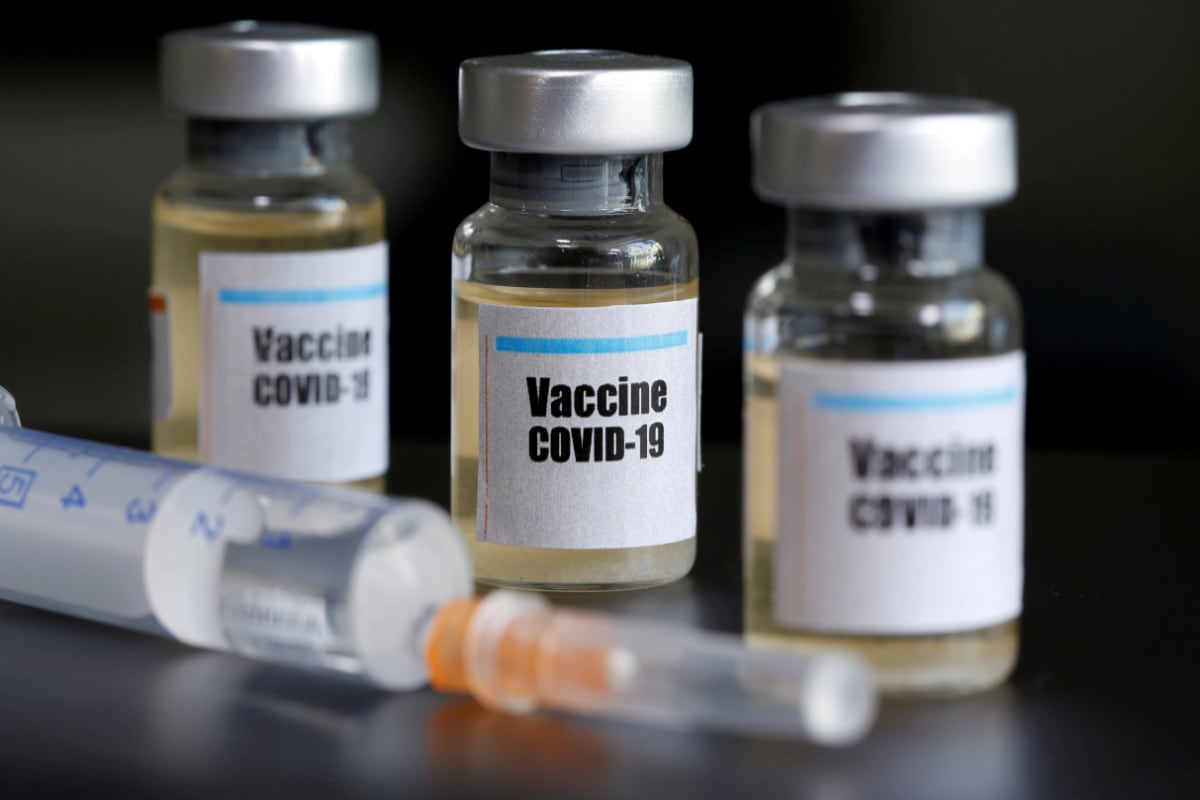
More than six months have passed since the outbreak of the new coronavirus or Covid-19 was declared a global pandemic by the World Health Organization (WHO). The statement, while late, also sparked a race to find a drug and vaccine for the disease. A career whose outcome would shape the future of humanity and the world in general. A sprint, whose finishing line is being closely watched by the 7.8 billion people who reside on this planet with bated breath. Not only is it a race against time as one rarely seen in recorded human history, it is also proof of humanity’s scientific achievements to date.
To date, only one vaccine, the Russian Sputnik V, developed by the Gamaleya Research Institute in Moscow, has been approved for mass local use in the country. In fact, the Russian health regulator licensed the vaccine even before evaluating its efficacy in a phase 3 trial, causing much concern and uproar among the medical fraternity.

The vaccine triggered an immune response while producing antibodies in volunteers during phase 1 and 2 human trials, according to a study published in the medical journal The Lancet on Sept. 4. However, these trials, experts say, were limited in nature with only a few participants to attest to their efficacy and allying safety concerns.
In addition to the Russian vaccine, according to the WHO database, there are at least 34 more candidate vaccines in various phases of clinical trials.
Two Chinese candidates, Ad5-nCoV and CoronaVac, have been approved for limited use in the country. While Ad5-nCoV has been developed by CanSino Biologics in collaboration with the country’s Academy of Military Medical Sciences, CoronaVac, on the other hand, is a product of the private biotechnology company Sinovac Biotech Ltd.
In fact, Ad5-nCoV became China’s first Covid-19 vaccine to be granted a patent for invention by the authorities. The invention also showed the growing profile of the Chinese military in the country’s medical research and vaccine development.
Both Chinese vaccines are in the final stages of overseas trials in several countries, including Saudi Arabia, Pakistan, Brazil and Indonesia.
A US-based Moderna candidate, MRNA-1273, is another possible shot in the race. The messenger RNA or mRNA-based vaccine entered phase 3 of the trial on July 27 with active help from the US government.The vaccine, developed in conjunction with the National Institute of Allergy and Infectious Diseases, underwent trials at 89 US sites Later in August, the Donald Trump administration reached a $ 1.525 billion settlement with the Massachusetts-based company for 100 million doses of its Covid-19 vaccine. The company is also in talks with Japan and the European Commission to supply 120 million doses of the vaccines after approval.
The search for vaccines has further brought together Swedish-British biopharmacy specialist AstraZeneca and the University of Oxford. Additionally, the Pune-based Serum Institute of India (SII) has partnered with the two to mass-produce the vaccine after approval. With a production capacity of more than 1.5 billion doses per year, IBS is the world’s largest vaccine manufacturer by number of doses produced and sold globally.
Their candidate “AZD1222” performed well in Phase 1 and 2 trials with an acceptable safety profile and favorable immunogenicity against the virus.
However, the phase 3 trials ran into a brief setback after a UK participant in one of the studies developed a neurological disease. Health regulators in both the UK and India subsequently allowed the trials to resume.
Another vaccine candidate that has been closely followed is from the joint stable of German drug developer BioNTech, US drugmaker Pfizer, and Chinese Fosun Pharma. Its mRNA-based vaccine candidate, “BNT162,” is in late-stage trials in the United States, Brazil, Argentina and Germany. Based on the latest information available, the alliance has sought approval from the US Food and Drug Administration to expand enrollment for its Phase 3 pivotal trial to approximately 44,000 participants from the previous 30,000.
China’s third candidate vaccine is an unnamed inactivated vaccine developed by the Wuhan Institute of Biological Products under the state-owned China National Pharmaceutical Group. The result of the first and second stages of clinical trials published in June said the vaccine triggered a strong neutralizing antibody response. On June 23, Sinopharm began the third phase of clinical trials in the United Arab Emirates.
Hyderbad-based Bharat Biotech is also leading the effort in the field. The company, in collaboration with the Indian Council for Medical Research (ICMR) and the National Institute of Virology (NIV) in Pune, is leading the effort to develop India’s first indigenous Covid-19 vaccine, called ‘Covaxin’. According to the company’s website, it has already started human trials with its vaccine candidate and, according to news reports, it seemed safe in early trials.
In the results of the animal study trials published last Friday, the company stated that “the candidate vaccine was found to elicit robust immune responses.”
In addition, vaccine candidate Zydus Cadila, Ahmedabad-based chief pharmacist, is also in the running. The company’s DNA-based vaccine ‘ZyCov-D’ is currently undergoing human trials. Sharvil Patel, the company’s managing director in an interview with CNBC-TV18, recently said that the company would develop 100 million doses of vaccine capacity and start manufacturing the COVID vaccine if the phase II data is good.
Although many of these experimental vaccine candidates are in phase 3 trials, “there is no guarantee that any of these six will give us the answer,” as Michael Ryan, executive director of the WHO Health Emergencies Program, said in August. . However, one thing is for sure: any vaccine invented outside of China would definitely be mass-produced in India. Remember, India “only accounts for about 60% of the total vaccines supplied to UNICEF,” according to IMARC, a globally recognized leading market research company.
.